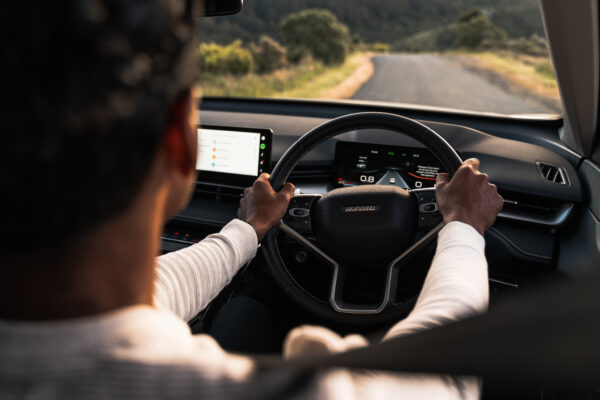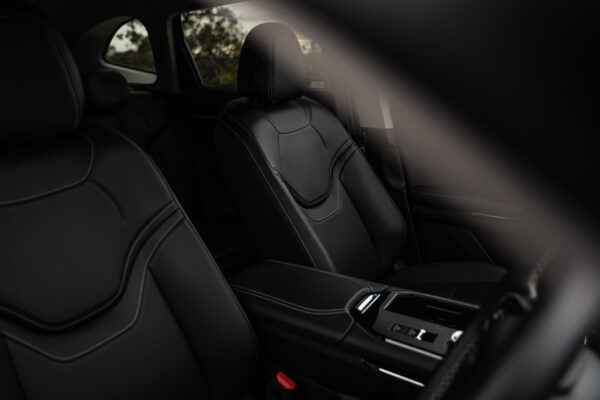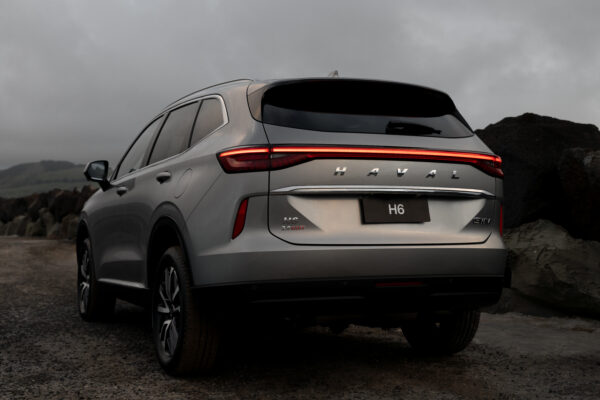The rising popularity of SUVs in New Zealand reflects a shift in what Kiwi drivers want in a vehicle. With more space, a higher driving position and better handling on a variety of road conditions, it’s clear why SUVs are becoming a go-to choice. Are more New Zealanders choosing them because they fit both everyday life and outdoor adventures?
Recent figures back this trend, with the SUV market in New Zealand expected to reach a significant 34,200 units by 2028, generating over US$981 million in revenue for the year 2024 alone. This surge indicates a strong preference for vehicles that offer both comfort and capability.
It’s clear that Kiwis value SUVs for their versatility and practicality. One example is the Haval H6 from GWM, which is a practical choice for first-time SUV buyers. It offers hybrid technology that enhances fuel efficiency while still providing the power needed for longer drives.
As the demand for SUVs continues to grow, it’s important to consider the factors driving this change and what they mean for those entering the market as first-time buyers.
Choose the right SUV size
The vehicle size affects its practicality, fuel consumption and how well it handles varied driving conditions. That’s why it’s important to consider your specific needs and lifestyle when choosing an SUV.
These vehicles come in a range of sizes, from compact models that are easier to manoeuvre in cities to larger options that offer more space for passengers and cargo. A compact SUV might be more suitable for city driving, while a larger one could be better for families or those who need extra storage.
Check seating and boot space
When choosing an SUV, consider the seating capacity and boot space, especially if you frequently travel with family or outdoor gear. Adjustable seating, like foldable or removable seats, provides the flexibility to create more room when needed.
Ample storage is also important, particularly for those who regularly carry luggage or sports equipment. A well-designed boot with easy access can make loading and unloading simpler, making trips more convenient and enjoyable.


Understand drivability and road conditions
The variety of city streets, rural roads and rough tracks means you’ll need an SUV that performs well in different conditions. This is especially true in New Zealand, where the terrain can be unpredictable, which is why having all-wheel drive (AWD) or four-wheel drive (4WD) can be helpful for better grip on gravel or in wet weather.
AWD is ideal for those who mainly drive on sealed roads but want extra stability in wet or slippery conditions, while 4WD offers greater control and power on unsealed roads and steeper terrain, making it a better choice for off-road adventures.
Review safety and technology features
Modern SUVs often include advanced safety systems such as automatic emergency braking, blind-spot monitoring and lane departure warnings. These features are designed to help prevent accidents and enhance overall driving safety, especially for those new to driving larger vehicles.
Technology features also contribute to the driving experience. Navigation systems, smartphone connectivity and a smart touchscreen interface can simplify journeys and reduce distractions.
Choosing the right SUV
Buying your first SUV means understanding which features best align with your lifestyle and needs. By carefully evaluating your options, you can confidently choose a vehicle that suits your lifestyle and the diverse road conditions you’ll encounter.













